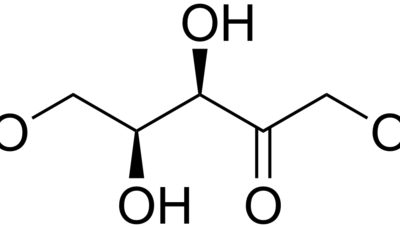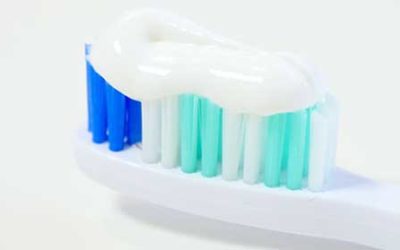New documents recently found show the sugar industry paying researchers to hide effects of sugar on heart disease.
During the 1960s, scientists promoted saturated fat as one of the leading causes of heart disease. According to recently found documents, the sugar industry paid a large sum of money, nearly $50,000 by today’s standards, for researchers to downplay the role sugar has in heart disease, and focus on fat.
While this report is nearly 50 years old, the research and findings from these reports has gone on to be a base and also shape a lot of continual research about heart disease.
This fat-focused research is also where the “fat-free diet” trend came from. Individuals began cutting fat from their diets, while still consuming sugar. In some cases, higher amounts to compensate for the lower fat levels.
The most alarming part of the documents showed that a top sugar industry executive received access to drafts of the reports before publication. Hickson “enlisted the Harvard researchers to write a review that would debunk the anti-sugar studies.” In 1965, he selected the papers for the researchers to review and made it clear he wanted the reports to favor saturated fat as the culprit.
Publication of the original documents
These documents discovered in early September of this year by a researcher at the University of California, San Francisco. JAMA Internal Medicine, a peer-reviewed medic al journal published twice a month by the American Medical Association, published the report.
Author of the JAMA Internal Medicine paper, and professor of medicine at U.C.S.F., Stanton Glantz said, “They were able to derail the discussion about sugar for decades.”
In fact, one of the scientists paid by the sugar industry, D. Mark Hegsted, went on to become the head of nutrition at the United States Department of Agriculture. In 1977 he even helped draft the forerunner to the federal government’s dietary guidelines.
How to switch out sugar for an alternative sweetener
Now that these findings have come to light, many will be looking for an alternative to sugar. When you’re looking for a sweetener that you can use in a 1:1 ratio for sugar, xylitol is the smart choice. Not only can you substitute it just about anywhere for normal table sugar, but also it comes with dental and health benefits, rather than increasing your risk of heart disease.
Related Articles
What is Pentosuria and How Does it Relate to Xylitol?
What is pentosuria? It sounds a bit daunting doesn’t it? There’s not a lot of information out there about pentosuria, and it can often go overlooked or misdiagnosed. So we thought it would be good to take a quick minute and explain what...
Special Ed and ear infections? Why are they connected?
Ear...
Nasal Irrigation: Washing Away Your Ailments
Having functioning and healthy nasal and sinus passageways can make a world of difference in your daily life. People with allergies often feel wary of enjoying a beautiful day outside because being exposed to allergens such as pollen, dust, and...
Places You Should Substitute Xylitol Sweeteners for Sugar
People often want to find replacements for table sugar in their diets. But which areas are you able to replace sugar? Does xylitol bake as well? Cook as well? Will it dissolve in liquids just as easily? Well the answer to these is yes, yes and...
Xylitol Toothpaste vs Fluoride Toothpaste
Why would you add a sweetener to toothpaste? It might seem counter-intuitive if you aren’t aware of the dental benefits of xylitol. Here’s why we recommend using xylitol toothpaste vs. fluoride only toothpaste. The cavity causing (cariogenic)...
The Nose is a Nidus: A Source of Infection for Ears, Sinuses, and Lungs
What's a nidus? A nidus is defined as “a place in which bacteria have multiplied or may multiply; a focus of infection”. The way it is now the nose is a nidus–virtually all upper respiratory problems, both allergenic and infectious begin in the...












It’s amazing how gullible the public is – and how uneducated they are about what to put into their bodies & their children. It’s criminal what we have been forced to accept & damage our bodies over time. Xylitol is a safe sugar substitute – & is not toxic to the body – as many of those chemical frankenstein ones are – we are so snookered & so many people just nod their heads & accept the lies that are told by industry. It makes me sick how the toxic sugar substitutes are pushed at us any way they can. People must become aware of the money that is made by these companies & they don’t give a fig about your health!! It’s all about the money folks. Try your best to feed yourself & your family the safest & most healthy products you can find. You only have one life – so try to make it as healthy as you can. Spend your money on good food – not on a new pair of shoes…….. of course – unless you really need them. I haven’t bought a bag of sugar in over 42 years.
Thanks for the support. With our epidemic of obesity and the related increases in Type 2 diabetes looking at sugar should take central place.
Xylitol will give me diarrhea every time l ingest it. It is very bad news for me. Gas pains and diarrhea like having the flu. Sorbitol does the same thing.
I use Stevia very very very sparingly😊👌
Xylitol being very toxic to dogs, I will not buy any product containing it.